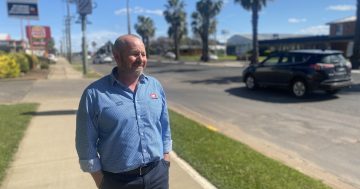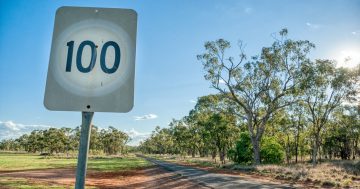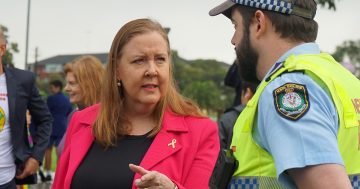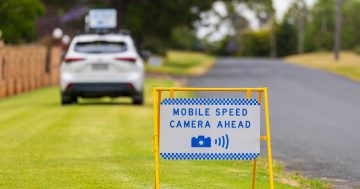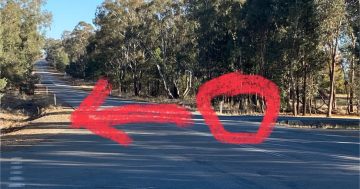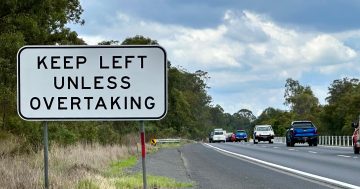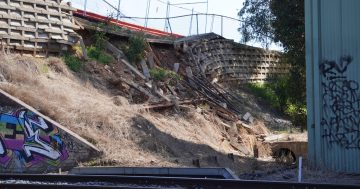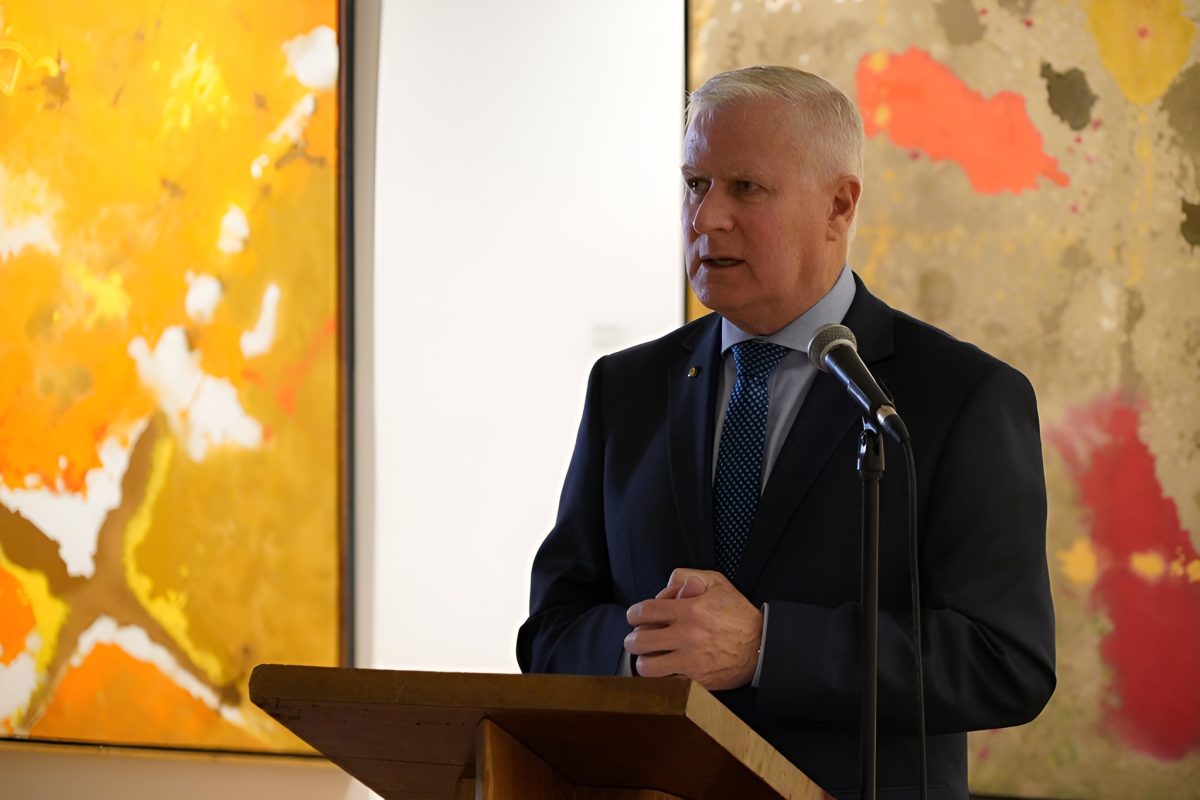
Michael McCormack does not want to see regional road speed limits go down. Photo: Facebook Michael McCormack.
The National Party and Labor have pointed the finger at each other over a controversial plan to lower speed limits on certain regional roads.
The Transport Department recently released a consultation paper that recommends reducing the default speed limit on unsigned roads outside of built-up areas, which is currently 100 km/h. It suggests a reduction to between 70 and 90 km/h would improve safety and reduce fatalities.
This has enraged the Member for the Riverina Michael McCormack, who said Labor “should immediately abandon its plan to lower regional speed limits”.
“The Albanese Government’s plan to slash default speed limits on rural roads in poor condition is a shortcut solution to the Labor-driven problem of stripping funding out of regional, rural and remote areas,” he said.
“My office has been contacted several times by constituents concerned about this poorly conceived proposal – raising issues such as the increase in travel times exacerbating fatigue levels, as well as not addressing the core issue of giving councils the resources to fix roads in poor condition.”
However, the NSW Labor Minister for Regional Transport Jenny Aitchison says Mr McCormack’s side of politics is to blame for neglecting rural roads during the decade they were in power.
“I’ve heard [the] Nationals saying that this is a ‘lazy fix’ for road safety,” Ms Aitchison told parliament on Thursday (13 November).
“Well, the reality is that this is a lazy fix from their side. It happened after a decade of underinvestment in our road network, of not putting in the required investment in road infrastructure, in road widening, in wider shoulder lanes, in having rough rails for motorcyclists, all of those things that are important to save lives. And so what happened? We had former deputy prime ministers and senior Nationals MPs, Michael McCormack and Barnaby Joyce, calling for this, and they did that back in 2018, so they are the people on that side who, in government, call for this to cover up for their lack of investment in our road network.”
Former Wagga councillor Paul Funnell, who helped launch a One Nation party in the Riverina last month, said both major parties were to blame – calling them “Tweedledum and Tweedledumber”.
“The actual underlying problem here is the condition of our roads. Rather than fix the problem, they want to put a band-aid on it [by reducing speed limits],” he said.
He said the government collected $200 million a year from the fuel excise from Riverina motorists, but did not invest that back into the roads.
Mr McCormack said there was a broader issue at play.
“One of the main reasons this government is considering this preposterous proposal is not even about road safety – it is about reducing emissions. This is another slap in the face for regional communities who are already doing the heavy lifting under the Labor Government’s reckless rush to renewables,” he said.
“This will only put the brakes on regional productivity and hurt those in regional areas that are already suffering from this government’s bad decisions, pushing prices up and driving productivity down.”
While the Federal Government has recommended the plan, a decision on whether or not default speed limits will be lowered in NSW will be made by the NSW Labor Government.







